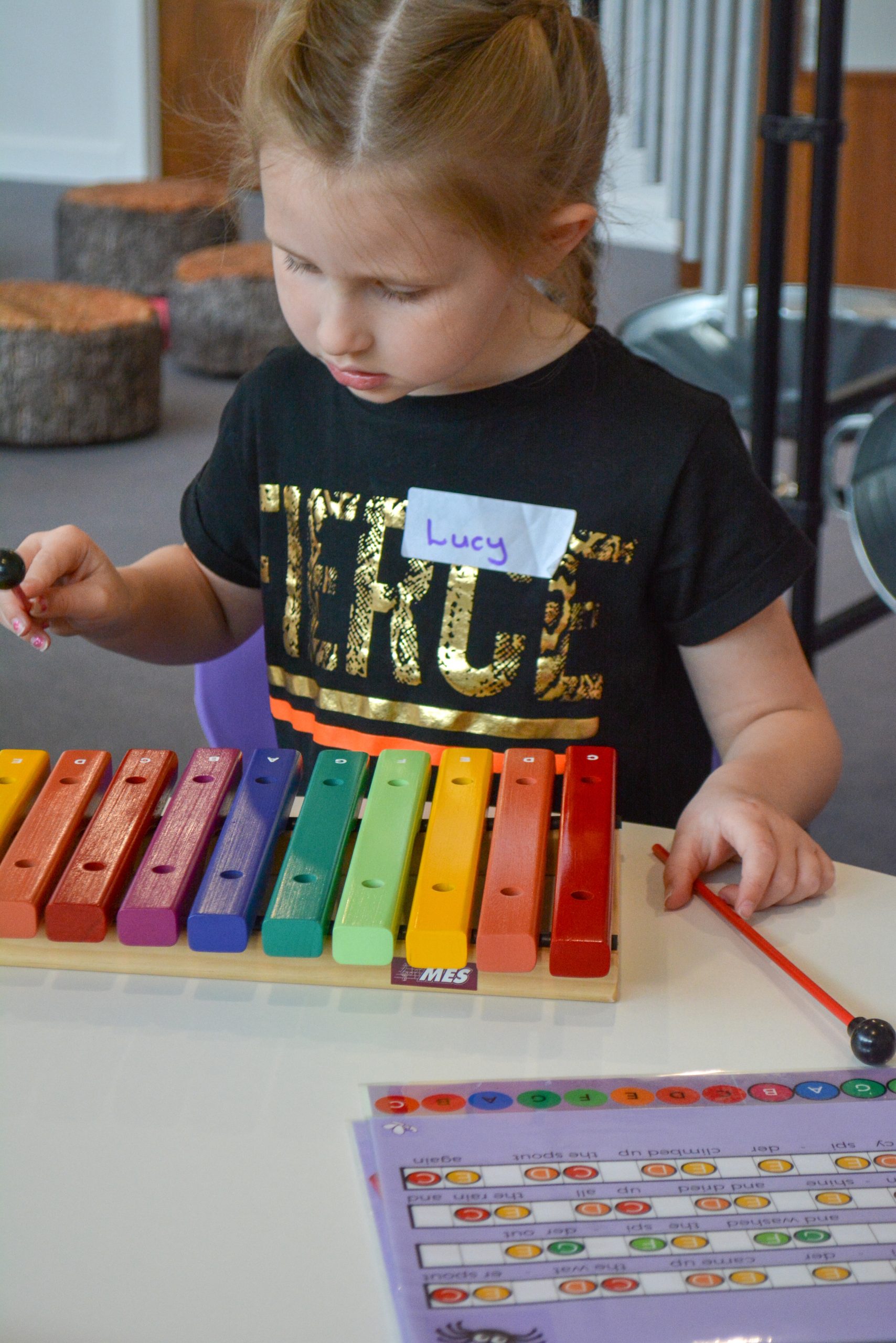If your child has been referred for an autism assessment, or you know someone who has, you may find yourself asking “what is autism?”
There are lots of myths and misconceptions out there, so we’ve put together this blog post to answer some of your questions.

Question: What are the signs of Autism Spectrum Disorder?
Answer: Autism diagnoses are based on a detailed analysis of behaviours – so there is no comprehensive list to answer this question.
Here is a list of some of the possible signs:
In young children:

- Not responding to their name or to a smile
- Avoiding eye contact
- Repeating certain phrases or body movements
- Not talking as much as other children
- Getting upset if they do not like a certain smell, sound or taste
In older children:
- Liking routine and getting upset if it changes
- Keen interest in certain subjects
- Preferring to be alone or finding it hard to make friends
- Taking things very literally
- Not understanding what others think or feel
- Finding it hard to express how they feel
Please note that this is list of possible signs. If you think your child may be autistic, it is important to seek advice from a health professional or special educational needs professional at your child’s school.
Question: When do you start seeing the signs?
Answer: Signs of autism typically appear during early childhood. At the Caudwell Children Autism Service, we offer assessments to children between the ages of four and 11.
Question: How is autism diagnosed and what happens next?
Answer: At the Caudwell Children Autism Service we offer a two-day child-centred assessment with our dedicated multi-disciplinary team.
This involves a comprehensive evaluation of a range of things including a child’s behaviour, development and learning skills – plus an interview with the child and parents or guardian.
Following the assessment our team offer feedback appointments within 28 days. That is followed up with a series of workshops, information and advice – plus 12 months’ emotional and practical support for the family.
We accept referrals for children from right across the U.K. from any health, education or social care professional who knows the child and family well.
Did you know? We offer charity-funded and self-funded Autism Assessments for eligible children! Ask a health, education or social care professional that knows your child well to make a referral to Caudwell Children.
We follow National Institute of Clinical Excellence (NICE) guidelines and our centre is regulated by the Care Quality Commission and currently rated ‘good’.
Question: How can a diagnosis help?
Answer: There are many reasons that a diagnosis will be positive for parents and children.
For example, a diagnosis can help:
- Provide understanding of a child’s needs
- Get additional educational support at school
- Provide additional support for parents and carers – including financial support
- Other people to understand how a child sees the world
Question: How do I explain autism to other people?
Answer: Autism means that your brain works in a different way – it is important that people understand it is not an illness or disease. Autism does not require a “cure”.
It can also be helpful to explain that autism affects social and language skills and often includes repetitive behaviours, specific interests, and/or sensory sensitivity.”
If you liked this post, check out our Facebook, Twitter and Instagram where we share similar content.
)

)
)
)
)